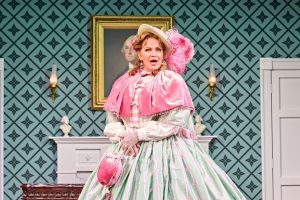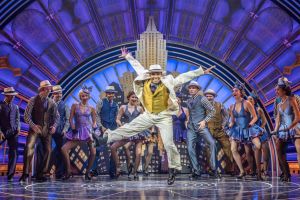Simon Callow on Shakespeare, Dickens and Jesus
There are probably more theories than facts about Shakespeare’s life. Where do you stand on this?
We have many, many facts about Shakespeare’s life, contained in Schoenbaum’s magisterial Shakespeare: A Documentary Life. There are gaps to be sure, as there are in the records of everyone from the 16th and 17th centuries, which gives rise to speculation, some of it madder than others. There is no reason whatever to doubt Shakespeare’s authorship of the plays.
A better question is what drew his play to me. I approached the producer with whom I did The Mystery of Charles Dickens – and much else besides – to commission Jonathan to write the play; we worked together on it very closely.
Bate is an academic and Shakespeare specialist. What are we going to learn from this play which is new?
There are a couple of surprising and a couple of unknown facts in the play, but what we mainly invite you to do is to think about what we already know in a new light. It’s a play – not a thesis.
You’ve played Charles Dickens and now Shakespeare. Are there any similarities in these two creative artists (other than sheer theatrical flair)?
I can think of no two great artists with less in common that Dickens and Shakespeare. You are conscious of Dickens in every word he writes; with Shakespeare you are simply in the presence of the characters. Dickens’s work, like his life, is a triumph of his will; Shakespeare’s genius consists in his availability to experience. It seems as if he was a prey to every impulse and every emotion that ever entered his mind or heart.
Which great writer (or other artist of the past) would you like to tackle next?
Jesus who was, of course, not strictly speaking an artist, though he was a great philosophical genius.












